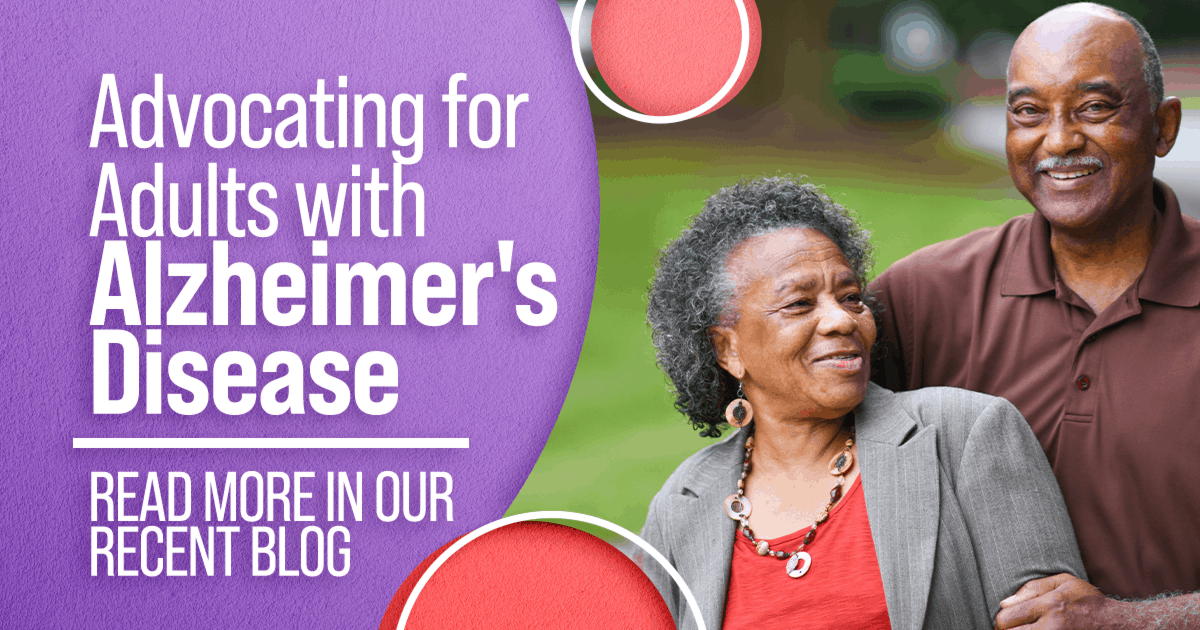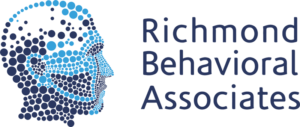In the time it takes to complete a few of these sentences, someone will receive an Alzheimer’s diagnosis. Over 50 million people around the world are living with a form of dementia. That number is expected to soar to over 82 million before this decade ends. Prioritizing awareness is no longer an option. Across the world this month, one hand joins another, uniting as one voice, one force to light up the darkness, advocating for those affected by Alzheimer’s disease.
The Global Conversation
Alzheimer’s and Brain Awareness Month kicks off every June, igniting a global conversation. The monthlong events, volunteering, and advocacy opportunities aim to address the growing epidemic of Alzheimer’s by:
- Creating awareness by providing education to communities about the risks and signs of Alzheimer’s.
- Raising money for research towards developing potential new options for the detection, management, and prevention of this disease.
- Spreading the word about the importance of brain health, and how we all can reduce our risk of cognitive decline and dementia.

Taking Care of Your Brain Now, Helps Later.
Visit the Alzheimer’s Association’s website for inspiration about the ways you can join the fight. Also, start to promote your brain health by incorporating some of the recommended ways to help keep your brain healthy:
- Learn to manage stress and other factors that promote brain inflammation which has been linked to cognitive decline.
- Eat towards better brain health with a diet rich in fish, whole grains, green leafy vegetables, olives, and nuts.
- Exercising increases oxygen and blood flow to the brain and entire body. You should work towards 3-5 times a week with moderate-intensity workouts.
- Challenge your brain with puzzles or other activities requiring strategy. Learn a new skill, language, or invoke your inner artist and create something! Each may have short and long-term brain benefits.
- Helping others by volunteering or other “pay it forward” opportunities is proven to improve symptoms of depression, reduce anxiety, and raise your confidence.
Advocating Through Research
The fundraising events taking place this month go towards accelerating medical advancements and improving the care of those affected by Alzheimer’s. Each donation is an investment in future clinical research studies which evaluate the safety and effectiveness of these potential new options. You can also support Alzheimer’s and brain health by becoming a clinical research volunteer. Volunteers help advance medicine and give hope to future generations.

Sources:
https://www.the-league.org/news/june-is-alzheimers-and-brain-awareness-month
https://www.3newsnow.com/news/local-news/alzheimers-and-brain-awareness-month-kicks-off
https://www.alz.org/media/sewi/documents/go_purple_in_june_combined_toolkit_(1).pdf





